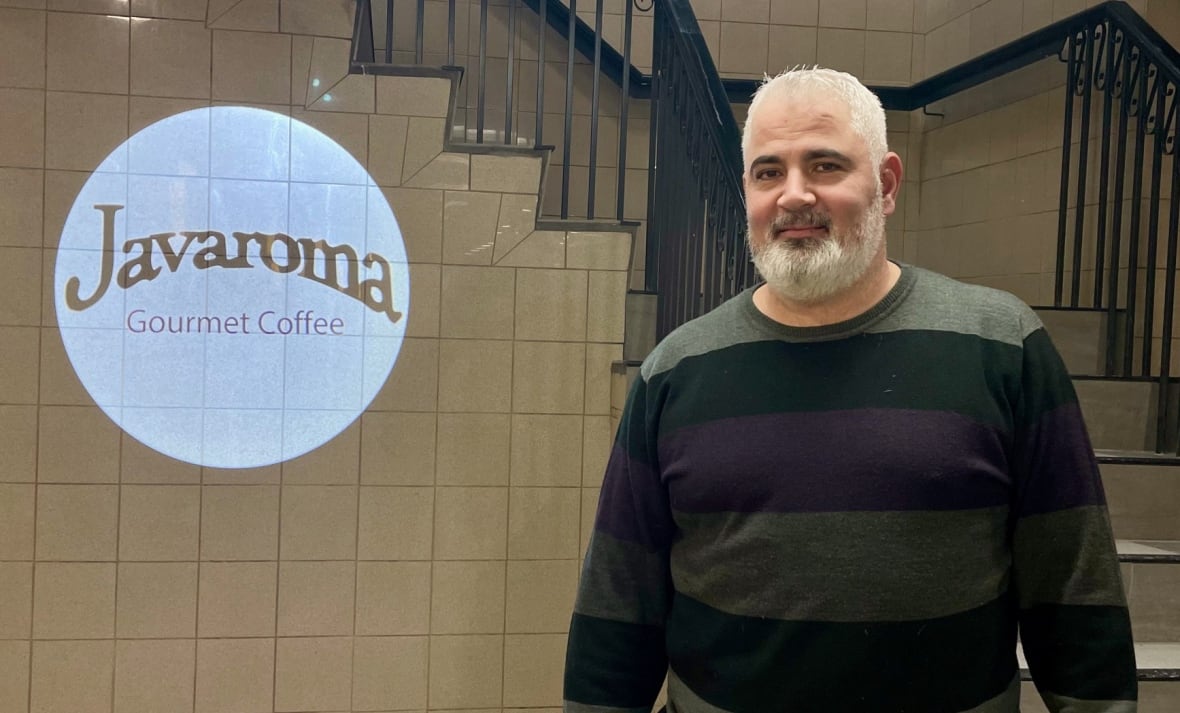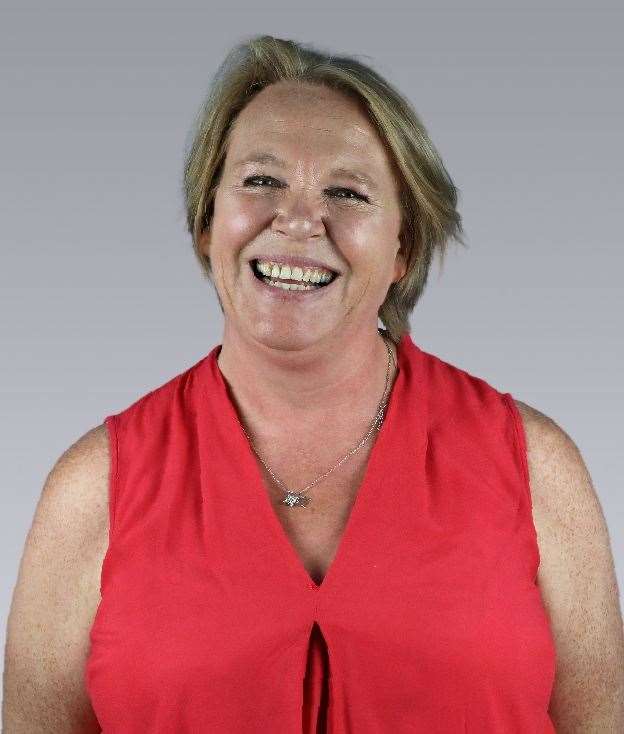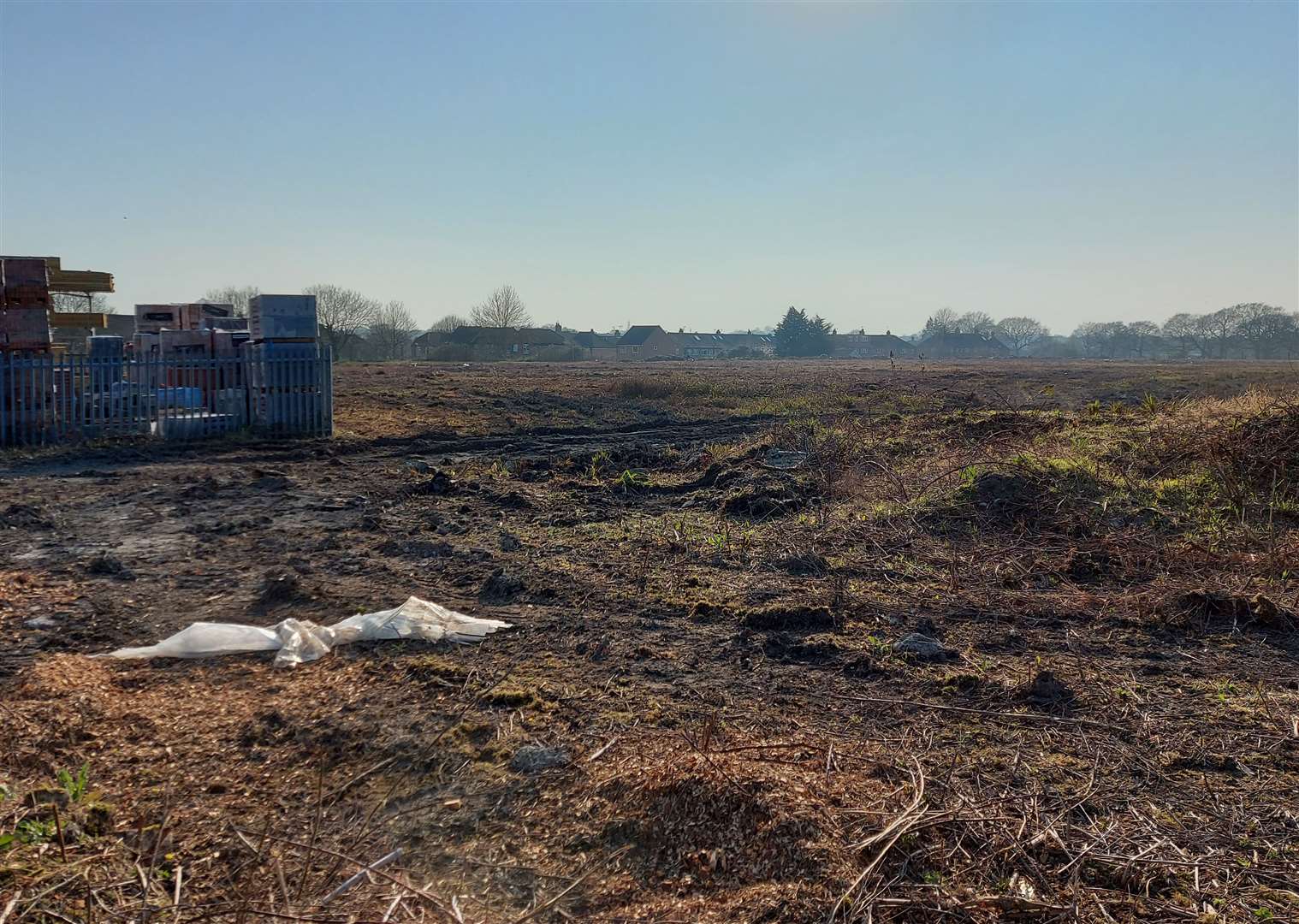Businesses and community groups are concerned about the impact a pause in the territorial nominee program could have across the Northwest Territories this year.
The N.W.T. nominee program helps temporary workers get closer to full residency in Canada.
On Jan. 16, the day before the applications were to be opened for the 2025 intake, the territorial government announced it would be delaying the application window for this year’s program.
The federal government decides how many nominees each province or territory can bring in each year. All 11 jurisdictions with nominee programs have been told they will receive a 50 per cent reduction for 2025, meaning the allotted number of nominees in N.W.T. went from 300 in 2024 to 150 in 2025.
In the news release, the territorial government says it was only given a day’s notice of the reduction and made the decision to postpone the applications for the 2025 intake.
‘It’s going to fail the businesses, fail the employees’
Rami Kassem owns the Javaroma chain of coffee shops in Yellowknife. A number of his employees have gone through the nominee program, and he credits it with helping him expand his business from one location to four. He said he will hold back on more expansion for now, because he doesn’t want to find himself short-staffed.

“From the businesses and from the employees, everywhere, everybody I meet, they are stressed out,” he said. “It’s going to fail the businesses, fail the employees.”
Saeed Al-Salhi is from Morocco but moved to the Northwest Territories in March 2019. He works as a chef at the Explorer Hotel in Yellowknife. He was planning to apply to the program this year and was very surprised to hear of the delay.
“I don’t know what happens next. I don’t know when the nomination program is open,” he said.
He said he has made Yellowknife his home — his daughter was born in the territory, and two of his sisters have also moved to the city — but he said the recent news has him reconsidering whether he will stay.
He worries that with fewer spots open, he will be competing with applicants from all over the country who may not have the same ties to the N.W.T. he does.
“Right now, I can’t sleep,” he said. “Every day, every day we are stressed.”
Mark Henry, the owner of the Copperhouse restaurant in Yellowknife, says it’s difficult when the city is “almost always perpetually full employment numbers.”
“When you’re below a certain unemployment rate, it’s really hard to find workers, it causes wage inflation and it creates a stagnation within the economy. Businesses don’t grow.”

Henry said he tries to hire locally but relies on immigrant workers.
“We’re dependent on field capacity that is hard to find in the local market, so we go outside of the Northwest Territories and further outside of Canada to find qualified, capable individuals to do the higher skilled components of the business,” said Henry.
‘Detrimental for the dynamism and the vitality of our community’
Audrey Fournier is the executive director of La Fédération franco-ténoise, a group with a mandate to promote the political, social, cultural and economic interests of the francophone community in the Northwest Territories.
“We don’t know what’s coming. We greatly rely on immigration to [fill] our positions,” she said. “For example, we are at 80 per cent people coming from immigration, in our organization.”

“We’re just disappointed because it’s definitely a decision that will be detrimental for the dynamism and the vitality of our community,” she said.
Calls for the federal government to reconsider
Fournier said she is urging the federal government to reconsider its decision to reduce the nominee allocations.
Kassem echoed that and said he will continue to speak to businesses and politicians to advocate for N.W.T. bringing in more nominees.
“I can see big problems coming if it stays like that,” he said. “When you give 150 applications per year, you won’t even have anyone think to come to the North to apply for jobs, because your chances are little to get nominated.”
The territorial government has not said when the program will reopen to applicants.
Federal Immigration Minister Marc Miller’s office has said in a statement the allocations are determined “in consultation with provinces and territories.”
The statement added “it is up to the discretion of the provinces to use their PNP [provincial nominee program] allotment to help meet the needs of their communities, and that not every province or territory uses 100 per cent of their given allotment each year.”
#Pause #N.W.T #nominee #program #creates #stress #uncertainty #businesses #employees












Leave a Reply